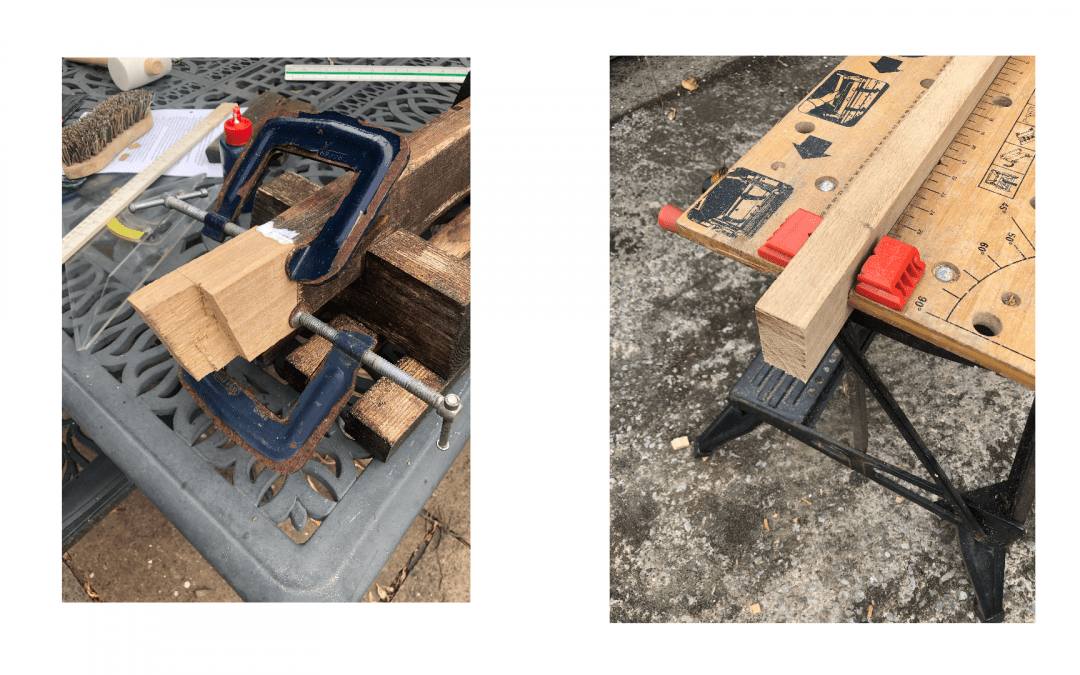We’ve been working with oak today, English oak from our local sawmill, Vastern Timber. We’re replacing the rotten pieces of our garden swing. The original wood isn’t oak, so it may look a little odd, but hopefully it will be more durable. Of course English oak gets me thinking about ships. I took down my copy of Sea Life In Nelson’s Time by John Masefield from the bookshelf and started thumbing through it. Yes that is the same John Masefield as “I must go down to the sea again, to the lonely sea and the sky”.
Of course Nelson’s time was some two hundred years later than Sir Anthony Standen’s time, but I think there will be a few similarities. According to Masefield it took around 2,000 oak-trees to build a third-rate 74-gun ship. That was the most general rate employed in the English navy at that time. Oak was very vulnerable to the teredo work. Many ships were eaten through, year by year, until 1758. In that year HMS Alarm was sheathed with thin sheets of copper. It was found that not only were the teredo worms powerless against the copper, but the copper protected against barnacles and other adhesions which accumulated on ships’ bottoms, greatly slowing them down.
Life was not particularly pleasant aboard. Grog, rum mixed with water, made it more bearable. The noon allowance was was one gill of pure navy rum mixed with three gills of water, a little lemon juice, to avoid scurvy, and a dash of sugar. The supper ration was the same, but without the lemon and sugar. Many sailors saved some of their ration for Christmas Day, when nearly every man got into a state of “beastly intoxication”. Drunken men lay in heaps under the hatches where they had fallen. It was normal to find two or three men dead when the decks were cleared the next day.
For sailors who didn’t drink grog, they were usually able to purchase tea or cocoa. These weren’t regular rations, but most ships carried them to issue in lieu of the bad cheese issued for supper. All sailors received a weekly half-pint of vinegar. The sailors who did not drink grog would buy the vinegar from their shipmates to mix with water as a cool drink. Few men would drink the ship’s water undisguised.
The navy rum carried on our oak warships was 57% proof, strong stuff! There was a good reason for that. The barrels of rum were stored with the barrels of gunpowder. If a barrel of rum leaked, it wouldn’t spoil the gunpowder, whereas a lower strength would. I could do with a tot of grog myself, after all that sawing oak.

